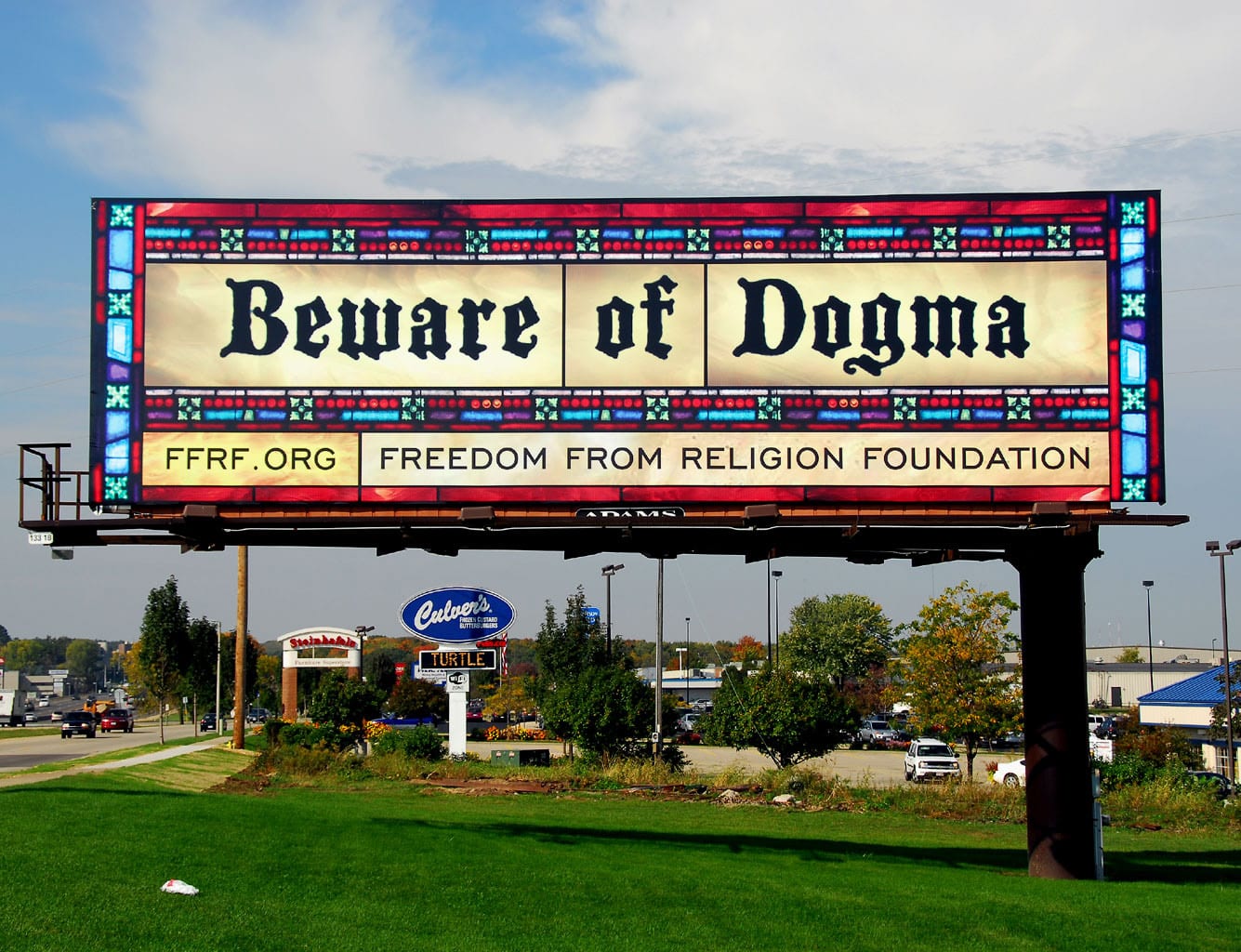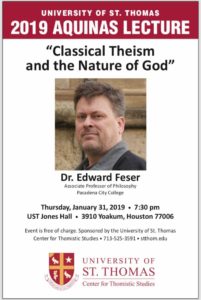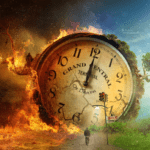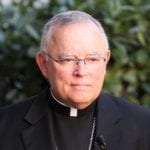Secularism On The Rise In US: 15% to 20%

Growing Number Of Americans Have No Religious Identity
WASHINGTON D.C., October 9 (CNA/EWTN News) .- A new survey shows that more Americans than ever are religiously unaffiliated, and as a group they are not seeking religion.
Just under 20 percent of U.S. adults are now unaffiliated, an increase from 15 percent in 2007 [Only 5 years, 5%!], says a new survey from the Pew Research Center’s Forum on Religion & Public Life. Among those aged 18-29, 32 percent have no religious affiliation.
The research center nicknamed this population “nones.”
Although the Catholic population remains statistically unchanged at 22 percent, a one percent decrease from 2007, Pew credits this steadiness in part to immigration from Latin America.
The decline is mainly among both evangelical and mainline white Protestants. For the first time in U.S. history, its Protestant population has dropped below 50 percent.
Pew included in the “nones” atheists and agnostics, who respectively make up about 2.4 percent and 3.3. percent of the population. [They are the educated and cultural elites, who happen to have good educations in empiricism, humanism, scientism and logical positivism but could use a good dose of Aristotle explained: talking about what he really meant, not what he says evaluated from a modern scientific perspective. I firmly believe it wouldn’t take long for the elite to change….]
About 74 percent of “nones” were raised with a religious affiliation. [SecularIZATION] Most religiously unaffiliated Americans said they are not looking for a religion that would be right for them, while only ten percent said they are. [Religion is like a pair of boots. What lie fits? Truth is determined by how it fits? Codswallop.]
“In terms of their religious beliefs and practices, the unaffiliated are a diverse group, and far from uniformly secular,” the research center said.
Thirty percent said their belief in God or a universal spirit is “absolutely certain,” [Pantheists included? I count them as atheists.] while 38 percent said they are less certain. Only 27 percent said they do not believe. Twenty-one percent said they pray daily and another 20 percent said they pray weekly or monthly.
Eighteen percent think of themselves as a religious person, while 37 percent say they are spiritual but not religious. Forty-nine percent of “nones” said they seldom or never attend religious services, an increase of 11 percent from 2007.
Analysis also found that those polled are no more inclined towards New Age beliefs than the general public.
The survey shows a decline in religious affiliation among both college graduates and those without college degrees. [Well, duh, I wonder why… Who is teaching at the schools? Q: What is intelligence? A: What the testmakers decide it is.]
Pew said that generational replacement is an important factor in the increase in the religiously unaffiliated. Only five percent of the World War II generation is unaffiliated while nine percent of the Silent Generation are. However, Baby Boomers and members of Generation X have become less likely to affiliate with a religion.
The “nones” have mixed views of religion.
Around 70 percent of respondents said churches and religious organizations are too concerned with money and power, too involved with politics, and focus too much on rules. Only half said that churches protect and strengthen morality.
However, over 75 percent said churches bring people together, strengthen the community, and play an important role in helping the poor and the needy. [Well, at least we can all unite around humanism…]
The “nones” tend to take positions in favor of abortion and “gay marriage,” with 72 percent saying abortion should be legal in all or most cases and 73 percent favoring redefining marriage.
They are predominantly Democrat, with 75 percent favoring President Obama in 2008. The religiously unaffiliated make up 24 percent of Democratic or Democratic-leaning registered voters, more than any Christian subgroup in the party.
The rise of “nones” in U.S. society may have consequences for the November election.
In March Mark M. Gray, director of Catholic polls for Georgetown University’s Center for Applied Research in the Apostolate,” suggested that President Obama’s reelection strategy may be willing to sacrifice winning the majority of Catholic voters in order to strengthen support among non-Christian and non-religious voters.
(http://www.catholicnewsagency.com/new.php?n=25831)
[He’s kind of already taken that risk if he was going to take it–however, we’ll see how united Catholics are…I wouldn’t be suprised if their vote is only swayed by a few percentage points because of the religious liberty issue…]
All I can say is that that revival of teleology and form is the only way out of this down-spiral…otherwise the previously irrational new ‘rational’ will continue to win over the old rational now ‘irrational’ (religious believers). And you know what…why wouldn’t they, why shouldn’t they? At least they are being intellectually honest with themselves (most of the time). I don’t think the universities generally are setting out to disprove God or have some agenda against him based on an unjust reason. They simply see the world from a post Kantian, post revolutionary perspective. The latest ideas are the greatest.
Schönborn points out that Claude Bernard said: “Science is revolutionary. I am profoundly convinced that philosophy is not.”




